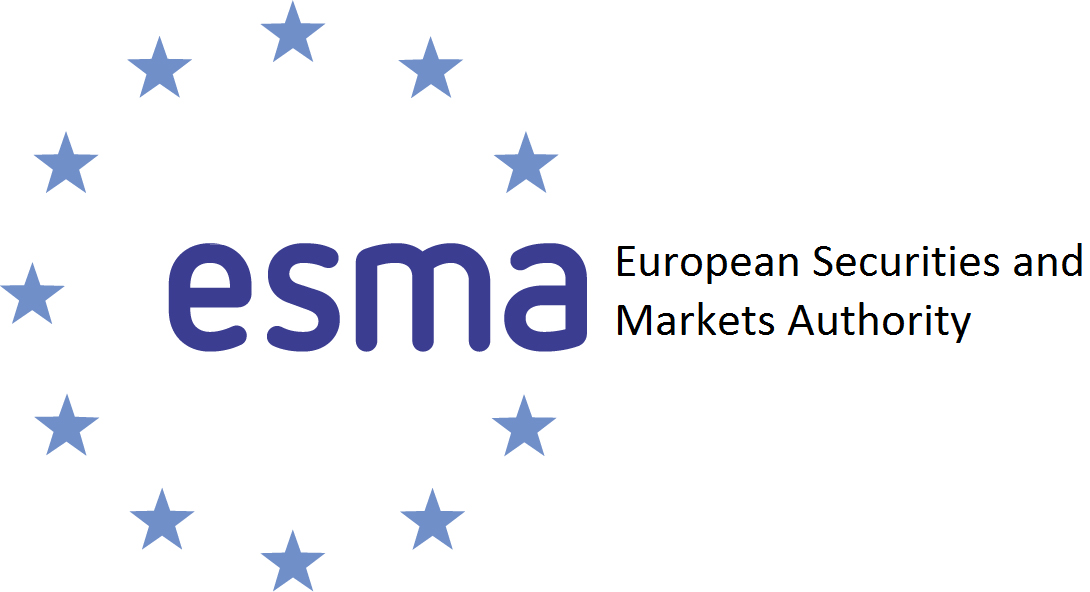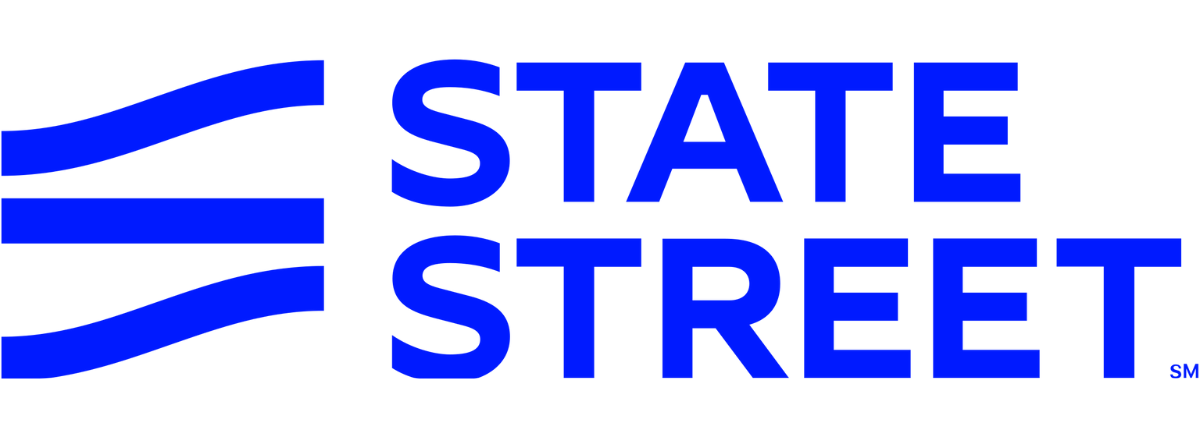The question will draw consternation among many in the ETF ecosystem who already believe the proposed move to T+1 settlement is likely to cause a significant headache.
It is no secret that moving to a T+0 settlement would require substantial technological developments – either via blockchains or distributed ledger technology – but it is surely where global exchanges will find themselves over time.
The US has stated that it intends to move to a T+0 settlement at some point in the future, while India, which has already moved to a T+1 cycle, has laid out its proposals for same day settlement.
Despite this, responses to the European Securities and Markets Authority’s (ESMA) call for evidence on shortening settlement times in Europe believe it is premature to even start considering T+0.
Outlining its response, State Street said it would be “impossible” to achieve without significant technology upgrades, create “significant funding issues” for market participants and fail to accommodate global timezones.
“The industry would need a much stronger global coordination across jurisdictions than is the case for T+1 settlement. For all these reasons, we consider that T+0 settlement should not be pursued at this point in time,” the bank said.
The Association for Financial Markets in Europe (AFME) went even further, stating: “We emphasise that we do not consider a default T+0 settlement cycle for securities transactions to be a realistic or desirable near-term policy objective.”
However, any future move by the US would surely require Europe to follow suit.
Failure to do so would once again reignite the acute issue for global ETFs – where the US and European portions would find themselves misaligned.
The European Fund and Asset Management Association (EFAMA) said T+0 must be considered as a “longer-term strategic objective for European capital markets”, adding that it should be discussed on a different track to T+1.
“T+1 merely optimises further existing technology and market structures. T+0 (especially in its atomic settlement form) will revolutionise today’s post-trade activities, making some activities and players redundant and radically altering how we manage market liquidity and risk,” it said.
It is an interesting point, and highlights how any move could alter the ecosystem as we know it.
It is clear Europe’s fragmented capital markets are not ready for this and some predict technological developments needed will not facilitate the move until at least early next decade.
As Europe works through the pain points of moving to a T+1 cycle, same day settlement is not up for debate at this point in time, but it should not be ruled out.





